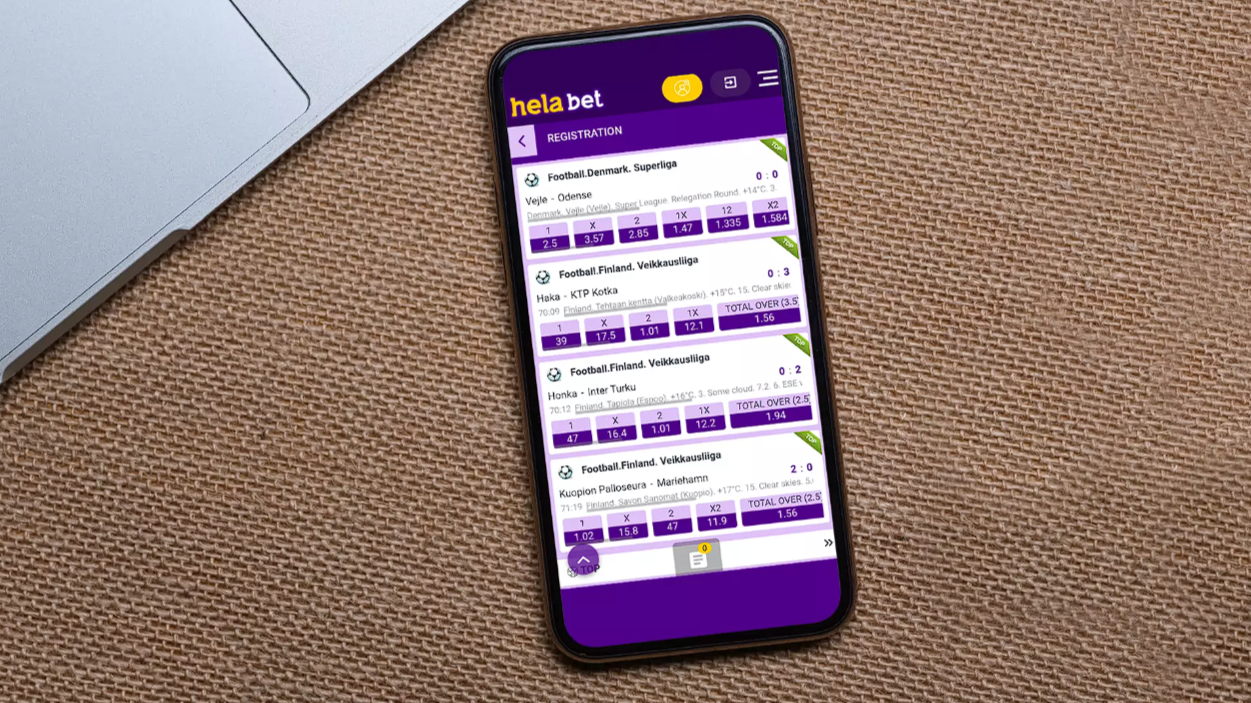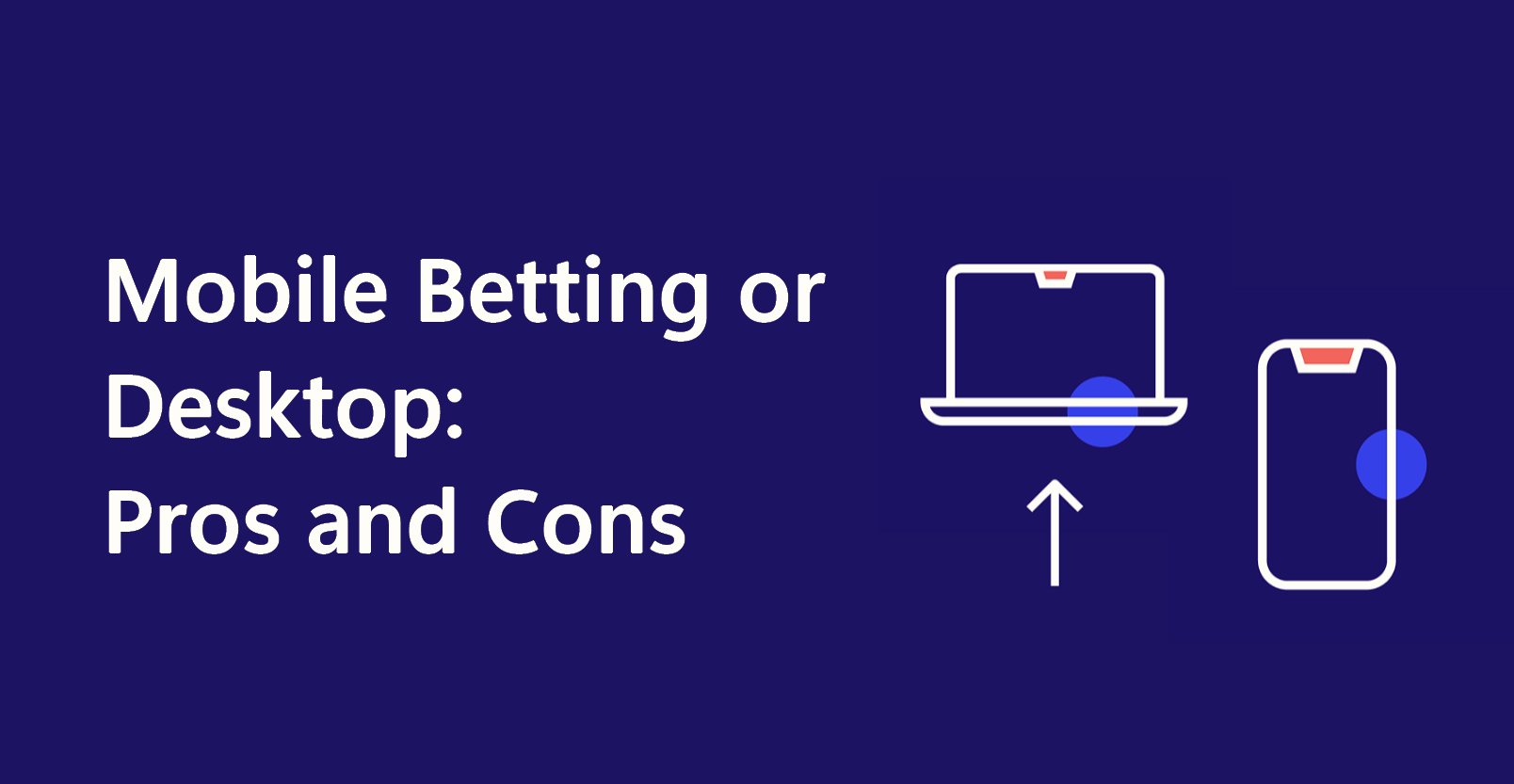The rise of mobile betting has significantly transformed the landscape of the betting industry. As smartphones become increasingly ubiquitous, bettors are turning to mobile platforms for convenience and accessibility. This shift has profound implications for traditional bookmakers, who must adapt to stay relevant in a rapidly evolving market. This article explores the impact of mobile betting on traditional bookmakers and how they are responding to these changes.
The Growth of Mobile Betting
Mobile betting has experienced exponential growth in recent years, driven by the widespread adoption of smartphones and the convenience they offer. Bettors can now place wagers anytime, anywhere, making mobile betting an attractive option for those on the go.
Factors Driving Mobile Betting
- Convenience and Accessibility: Mobile betting allows bettors to place wagers from anywhere at any time, eliminating the need to visit physical bookmakers or be tied to a desktop computer.
- Technological Advancements: The development of user-friendly mobile apps and responsive websites has made mobile betting more accessible and intuitive.
- Real-Time Updates: Mobile platforms provide real-time updates and notifications, keeping bettors informed about the latest odds, scores, and betting opportunities.
Benefits of Mobile Betting
- Instant Access: Bettors can access their accounts and place bets instantly, ensuring they never miss out on a betting opportunity.
- Enhanced User Experience: Mobile apps often feature intuitive interfaces and personalized recommendations, enhancing the overall betting experience.
- Exclusive Promotions: Many mobile betting platforms offer exclusive bonuses and promotions for mobile users, adding value to the betting experience.
Challenges Faced by Traditional Bookmakers
The rise of mobile betting presents several challenges for traditional bookmakers, who must adapt to stay competitive in the market.
Declining Foot Traffic
- Reduced Visits to Physical Locations: As more bettors turn to mobile platforms, traditional bookmakers are seeing a decline in foot traffic to their physical locations.
- Impact on Revenue: Reduced foot traffic can lead to decreased revenue from in-person betting and ancillary services, such as food and beverage sales.
Technological Investment
- Development of Mobile Platforms: Traditional bookmakers must invest in developing and maintaining mobile platforms to stay competitive. This requires significant financial and technological resources.
- Integration with Existing Systems: Integrating mobile platforms with existing betting systems can be complex and time-consuming, requiring careful planning and execution.
Regulatory and Compliance Issues
- Legal Considerations: Mobile betting is subject to different regulatory requirements, which can vary by region. Traditional bookmakers must ensure compliance with these regulations to operate legally.
- Data Security: Mobile platforms must prioritize data security to protect bettors’ personal and financial information. This requires robust security measures and regular updates.

Strategies for Traditional Bookmakers to Adapt
To stay competitive in the era of mobile betting, traditional bookmakers must adopt strategies that leverage the strengths of mobile platforms while maintaining their core offerings.
Enhancing the Mobile Experience
- User-Friendly Apps: Develop user-friendly mobile apps that offer a seamless betting experience. This includes intuitive interfaces, personalized recommendations, and real-time updates.
- Exclusive Mobile Promotions: Offer exclusive bonuses and promotions for mobile users to encourage engagement and loyalty.
Integrating Mobile and Physical Betting
- Omnichannel Approach: Adopt an omnichannel approach that integrates mobile and physical betting experiences. This can include in-app features that allow bettors to place wagers in physical locations using their mobile devices.
- Loyalty Programs: Implement loyalty programs that reward bettors for using both mobile and physical betting services, encouraging engagement across multiple channels.
Leveraging Data and Analytics
- Personalized Recommendations: Use data and analytics to provide personalized betting recommendations based on individual preferences and behaviors.
- Real-Time Insights: Offer real-time insights and analytics to help bettors make informed decisions, enhancing the overall betting experience.
Case Studies: Successful Adaptations
Several traditional bookmakers have successfully adapted to the rise of mobile betting, leveraging innovative strategies to stay competitive.
Example 1: William Hill
- Mobile App Development: William Hill invested in developing a user-friendly mobile app that offers a comprehensive betting experience. The app features live betting, real-time updates, and exclusive promotions.
- Integration with Physical Locations: The app includes features that allow bettors to place wagers in physical locations using their mobile devices, creating a seamless omnichannel experience.
Example 2: Ladbrokes
- Exclusive Mobile Promotions: Ladbrokes offers exclusive bonuses and promotions for mobile users, encouraging engagement and loyalty.
- Data-Driven Insights: The platform uses data and analytics to provide personalized betting recommendations and real-time insights, enhancing the overall betting experience.
The Future of Mobile Betting
As mobile betting continues to grow, traditional bookmakers must remain agile and adaptable to stay relevant in the market. The future of mobile betting is likely to be shaped by several key trends.
Emerging Technologies
- Artificial Intelligence (AI): AI can be used to provide personalized betting recommendations and real-time insights, enhancing the overall betting experience.
- Augmented Reality (AR): AR can create immersive betting experiences, allowing bettors to interact with virtual environments and access real-time data.
Regulatory Evolution
- Global Regulations: As mobile betting expands globally, regulations are likely to evolve to address new challenges and opportunities. Traditional bookmakers must stay informed about regulatory changes and ensure compliance.
- Data Privacy: With increasing concerns about data privacy, mobile platforms must prioritize robust security measures to protect bettors’ personal and financial information.
Changing Consumer Preferences
- Personalization: Consumers increasingly expect personalized experiences tailored to their preferences and behaviors. Mobile platforms must leverage data and analytics to provide customized recommendations and insights.
- Convenience: The demand for convenience and accessibility will continue to drive the growth of mobile betting. Traditional bookmakers must ensure that their mobile platforms offer a seamless and intuitive user experience.
Conclusion
The impact of mobile betting on traditional bookmakers is significant and multifaceted. While the rise of mobile betting presents challenges, it also offers opportunities for innovation and growth. Traditional bookmakers must adapt to the changing landscape by enhancing the mobile experience, integrating mobile and physical betting, and leveraging data and analytics. By staying agile and responsive to consumer preferences and technological advancements, traditional bookmakers can thrive in the era of mobile betting.
As the betting industry continues to evolve, the future of mobile betting will be shaped by emerging technologies, regulatory changes, and shifting consumer preferences. Traditional bookmakers that embrace these trends and adapt their strategies accordingly will be well-positioned to succeed in the competitive market.




